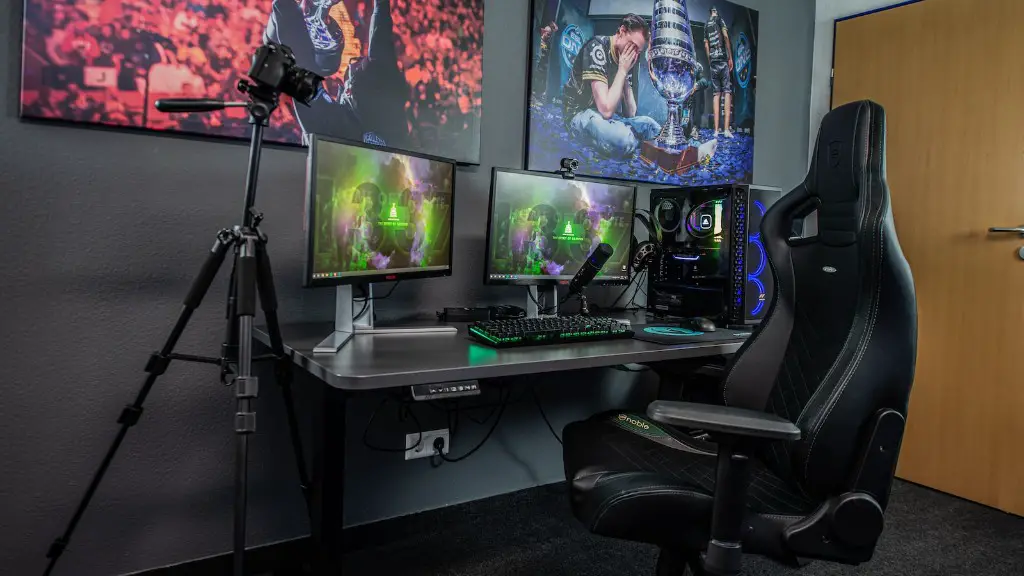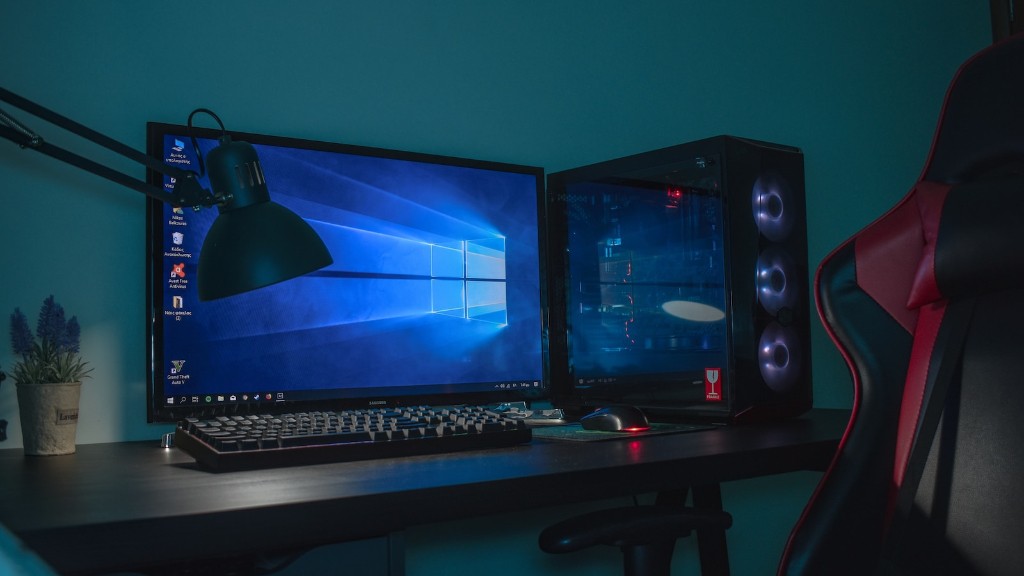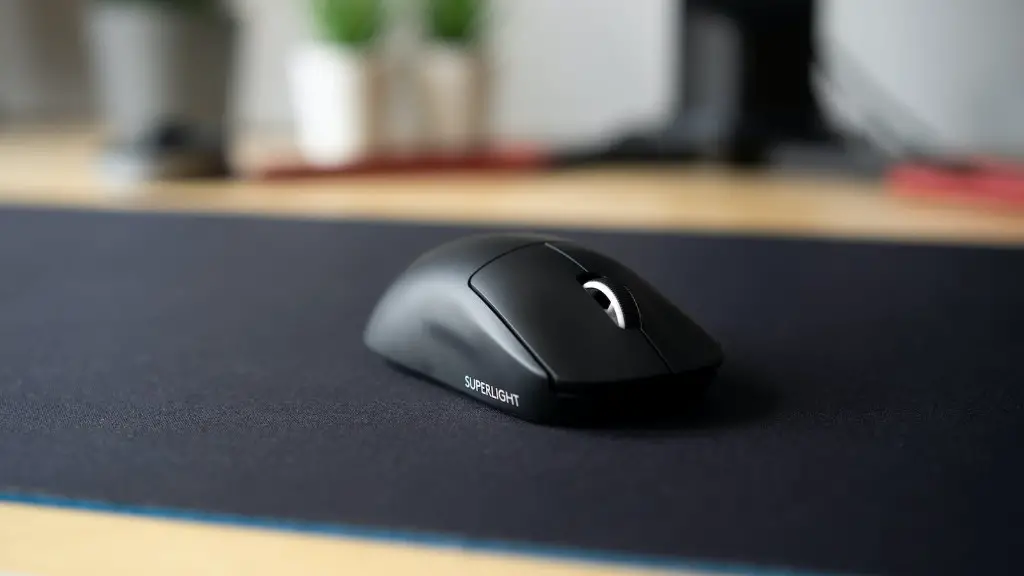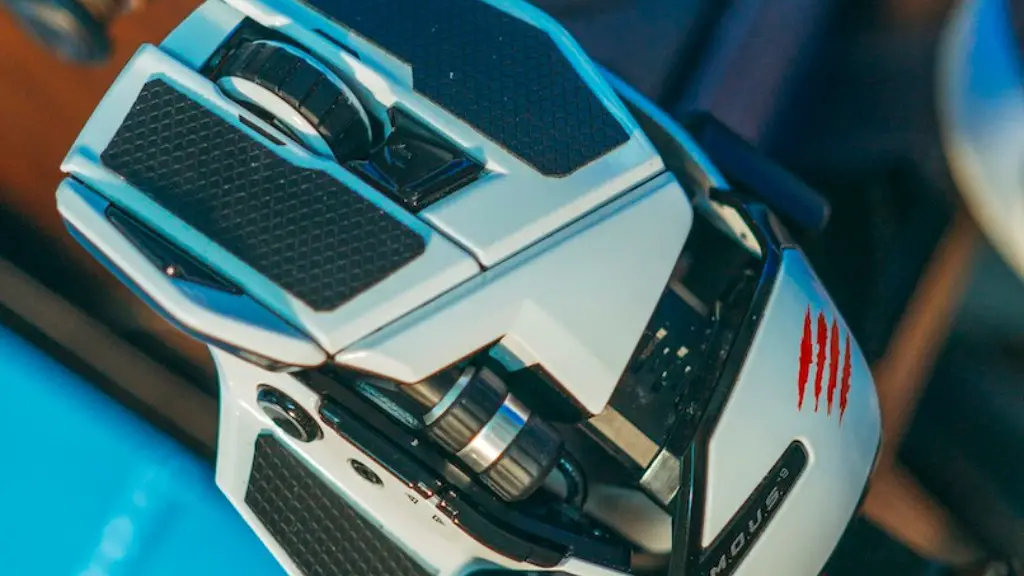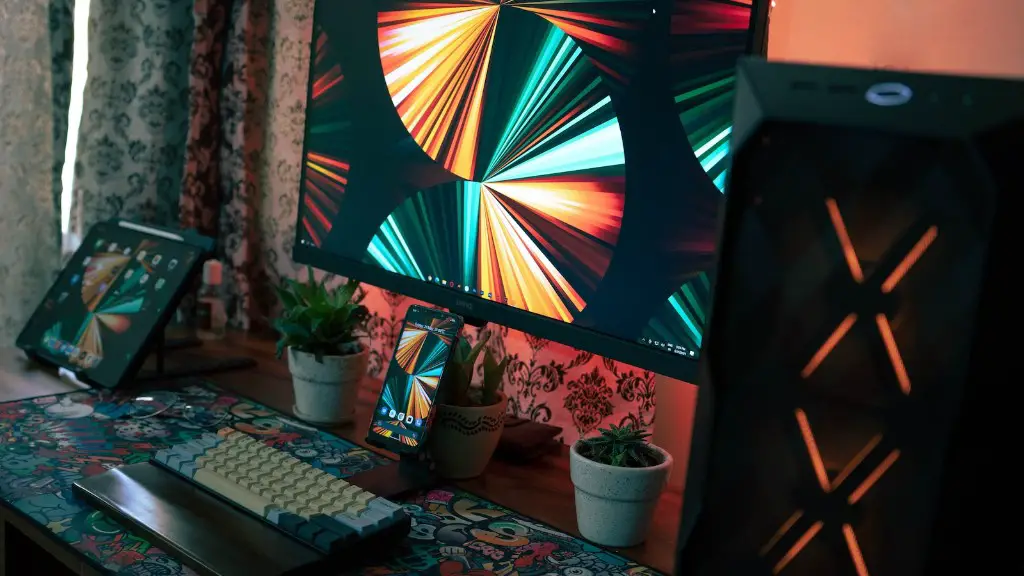No matter the type of gaming PC you have, it is a common complaint from gamers that their gaming PCs are too loud.
The main issue is with the fans inside your gaming PC, as quite a few of them are necessary for optimal temperature control. These fans are typically what contributes to the loud noise of a gaming PC.
However, there are several steps that can be taken to reduce the noise levels from a gaming PC. Upgrading certain components such as the CPU cooler and adding soundproofing material are two of the most effective methods. Additionally, increasing the fan speeds on the PC or implementing a good cable-management system can also help.
It is also important to consider how the environment is affecting the noise levels of your gaming PC. Poor air flow can cause the temperature of the components to rise, resulting in overworking of the fans and increased noise. Finding the right spot to place your gaming PC in can help to reduce the noise levels.
Moreover, dust and debris can also find its way into the gaming PC and its fans, which makes the PC work harder in order to reach the optimal temperature. This can cause the fans to become louder. Regular cleaning of your gaming PC can help to reduce this issue.
Lastly, the age of your gaming PC is important to consider. It is quite common for fan bearings to wear down over time, making them louder. Replacing these means your gaming PC should become quieter.
Eliminating Unneeded Processes for Quieter PC
One of the other ways to help keep your gaming PC from being overly loud is to reduce its workload. This means eliminating any unnecessary processes that are running in the background. This could include programs running or applications that you don’t need. When fewer processes are running, it can reduce the load on the fan, meaning a quieter PC.
It is also important to ensure that your PC is not overheating as this can cause your PC to produce more noise as the fan works harder to cool things down. If your PC is getting too hot, you can adjust the fan speed in the BIOS to ensure that your PC runs at an optimal temperature.
A lot of times, getting rid of the dust and dirt inside your PC can also help to reduce the noise levels. Air compressors can be used to blow out the dirt and dust from the various ports and cables and can help to reduce the load on the fan.
Finally, installing noise cancellation software is another way to keep your gaming PC from being overly loud. This type of software helps to mute particular frequencies from the noise that your gaming PC generates, making it quieter.
Investing in Quality Components for Quieter Gaming PC
Investing in quality components in the beginning can help to ensure a quieter gaming PC in the long run. A good quality CPU cooler and fan can help to provide better cooling and reduce the amount of noise produced. Purchasing good Quality RAM can also help to keep noise levels down.
When it comes to the power supply, buying a power supply with high wattage can help to reduce the noise from the fans. The lower the fan speed of the power supply, the less noise it will produce; so investing in a high wattage power supply is a good idea.
Having a modular power supply is also another way to reduce the noise levels of your gaming PC. Modular power supplies are designed to optimize the air flow and reduce the amount of heat build-up, which helps to keep the fan noise levels down.
It is also important to make sure that your case is well-ventilated. If the case isn’t well-ventilated, it can lead to a build-up of heat, which forces the fan to work harder in order to cool down. This can cause unnecessary noise levels.
Upgrading your gaming PC regularly is also a good idea and can help to reduce the noise levels that it produces. Keeping your PC up-to-date with the latest hardware is one of the best ways to ensure that your PC runs at peak performance and remains quiet.
Replacing Specific Parts to Eliminate Noise
If these methods do not reduce the noise levels of your gaming PC, then replacing certain parts might be necessary. The most common component to replace in order to reduce the noise levels of your PC is the CPU cooler. Upgrading to a better CPU cooler with improved cooling capabilities can help you to reduce the noise levels that your gaming PC produces.
Additionally, replacing the case or adding soundproofing material can also help reduce noise levels. Many gaming PCs come with stock cases that can be quite noisy; so investing in a high quality case can help to reduce this noise. Adding soundproofing material, such as foam or sound absorption panels, to the interior of the case can also help to reduce the noise.
Replacing the power supply is also another option. Some gaming PCs come with stock power supplies that lack the proper wattage or cooling capabilities to keep the noise levels down. Investing in an upgraded power supply can help to reduce the noise levels from your gaming PC.
Finally, purchasing a new fan can also help reduce the noise levels of your gaming PC. There are several different types of fans that can be purchased for your gaming PC, and each one has its own set of benefits. Purchasing a fan that has low noise levels can help to keep your gaming PC from becoming overly loud.
Updating Drivers for Quieter Gaming PC
It is also important to ensure that you have the most up-to-date drivers for your gaming PC. If a driver is out-of-date, it can cause the PC to produce more noise as it works harder to compensate. You can easily download the latest drivers from the internet in order to keep your gaming PC up-to-date.
Most importantly, it is important to track down the exact source of the noise coming from your gaming PC. With the right tools, it is usually quite easy to find the component responsible for the noise. Once you have identified it, you can take the necessary steps to reduce or eliminate the noise.
In conclusion, noise coming from your gaming PC can be quite annoying; however, there are several steps that can be taken in order to reduce the noise levels. Upgrading certain components, investing in quality parts, and replacing certain parts are all effective measures that you can take to minimize the noise coming from your gaming PC.
